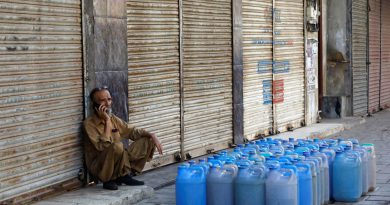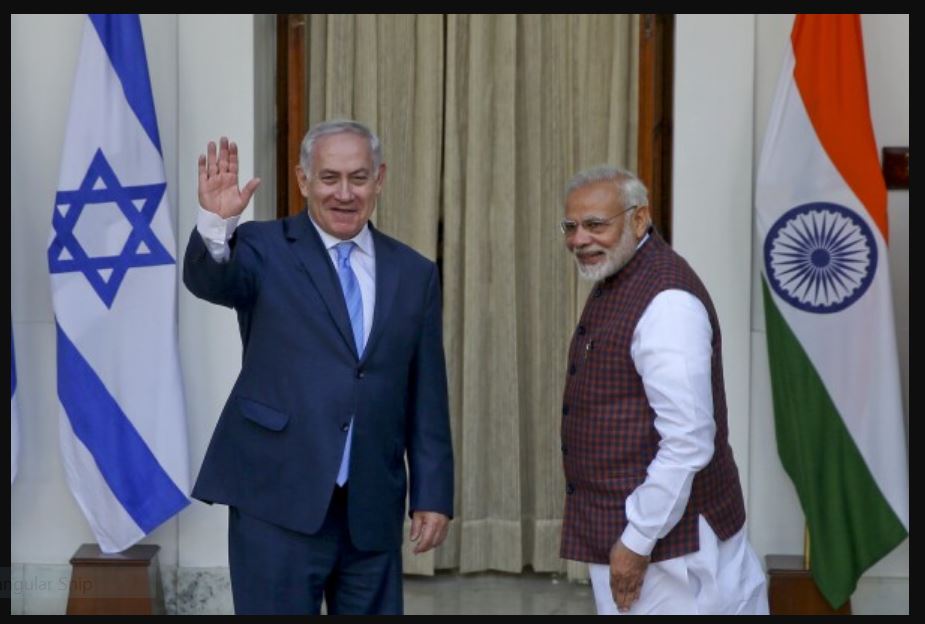Peruvian leftist Castillo overtakes Fujimori in knife-edge election
Lima (Reuters) – Peruvian socialist Pedro Castillo overtook right-wing rival Keiko Fujimori in the country’s presidential election vote count on Monday, taking the lead in the official tally for the first time on the back of a late surge of rural votes for the outsider candidate.
The official count here from Sunday’s election showed Castillo with 50.08% and Fujimori on 49.92%, with 94% of the vote counted. The leftist candidate had trailed in early counting, but taken as much as 70% of newly counted vote updates to steadily haul himself clear.
Castillo, the son of peasant farmers, has pledged to shake up the Andean nation’s constitution and mining laws, spooking copper producers and local markets, which fell sharply in early trading on Monday as he gained in the race.
The tight result could, however, lead to days of uncertainty and tension. The vote underscored a sharp divide between the capital city Lima and the nation’s rural hinterland that has propelled Castillo’s unexpected rise.
An unofficial fast count late on Sunday by Ipsos Peru gave Castillo a fractional lead, after an exit poll had said rival Fujimori would eke out a win, leaving the copper-rich country, investors and mining firms guessing.
Lucia Dammert, a Peruvian academic based in Chile, predicted that the coming days would be volatile, with potential challenges to the votes, requests for recounts and street protests by supporters of the losing side.
“Whoever wins will have to dialogue with the (current interim) government and other political forces. We are in a polarized state,” said Lima-based political analyst Andres Calderon. “Right now the candidates need to remain calm.”
As first results trickled in on Sunday evening, 51-year-old Castillo had rallied supporters to “defend the vote” when the exit poll had shown him behind, though he later called for calm.
Fujimori, 46, the daughter of ex-president Alberto Fujimori, who is in prison for human rights abuses and corruption, also appealed for “prudence, calm and peace from both groups”.
Castillo’s Free Peru party said on Twitter that the candidate, who had been in his northern rural home district to vote, would arrive in the capital Lima on Monday morning, to “ensure the will of the people is respected”.
Heightened Uncertainty
J.P. Morgan said in a note that it could be days before the final outcome of the election was clear, and the two candidates might opt to wait for this process to finish before declaring victory or conceding defeat.
The latest data showed Fujimori with 8.37 million votes to Castillo’s 8.4 million. The slower-to-count rural vote has helped Castillo’s late surge, though uncounted overseas ballots could still boost Fujimori.
“Unless the too-close-to-call scenario depicted by the quick count proves wrong, we seem poised for a number of days of heightened uncertainty ahead,” J.P. Morgan said.
Castillo’s sudden rise to prominence since winning the first-round vote in April has unnerved markets and spooked mining firms concerned over plans to sharply hike taxes on mineral profits and threats of nationalizations.
Analysts say, however, that whoever wins will have a weakened mandate given the sharp divisions in Peru, and will face a fragmented Congress with no one party holding a majority, potentially stalling any major reforms.
The two candidates pledged vastly different remedies for a country that went through three presidents in a week last year and has suffered a sharp economic slump brought on by the world’s deadliest per capita COVID-19 outbreak.
Fujimori has pledged to follow the free-market model and maintain economic stability in Peru, the world’s second largest copper producer, with a “a mother’s firm hand.”
Castillo, who has become a champion for the poor, has promised to redraft the constitution to strengthen the role of the state and take a larger portion of profits from mining firms.



